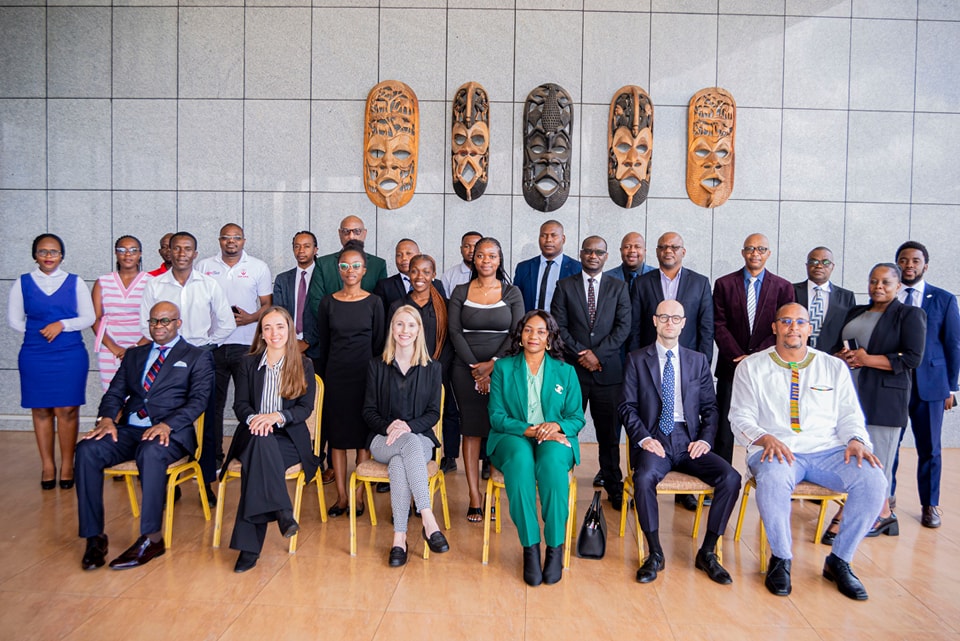Malawi has took a significant step towards shaping its digital future by holding an ICT indaba aimed at developing the country’s National Position on how International Law applies to the use of ICTs by states. The ICT indaba, took place in Lilongwe, has been organised by MACRA in partnership with the United Nations Institute for Disarmament Research (UNIDIR).
Speaking at the opening session, MACRA Board Director, Mrs. Malla Kawale, spoke about the importance of the initiative. “Digital technologies now impact every part of our lives, from banking to healthcare to education. “This workshop is an important step in creating clear policies that will protect Malawi’s digital growth while upholding basic rights.” She said.
Commenting on the same, Deputy Head of UNIDIR’s Security and Technology Programme, Andrea Grante, praised Malawi’s efforts, saying: “By hosting this workshop, Malawi is showing real leadership in Africa on the complex issues where technology and international law meet. “The outcomes will not only strengthen Malawi’s digital security but also contribute to global discussions on cyber governance.” This high-level meeting has brought together government officials, legal experts, ICT professionals, and policymakers.
Among others, the participants are discussing how international legal frameworks can be tailored to suit Malawi’s needs, particularly in addressing digital and cybersecurity issues. The meeting builds on earlier online consultations held in March and includes practical exercises to simulate cyber incidents, such as cross-border data breaches and attacks on critical infrastructure. The workshop produced a draft policy document to guide Malawi’s view on responsible behavior by states in cyberspace, and it will support the UN’s broader goal of promoting peace, security, and cooperation in the digital world.





